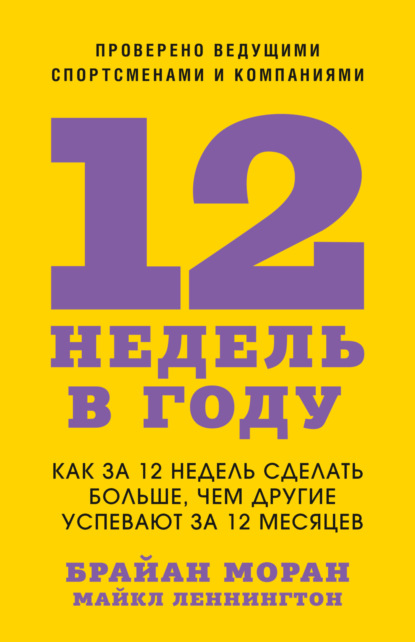How to conduct clinical trials in an ethical and scientifically responsible manner This book presents a methodology for clinical trials that produces improved health outcomes for patients while obtaining sound and unambiguous scientific data. It centers around a real-world test case–involving a treatment for hypertension after open heart surgery–and explains how to use Bayesian methods to accommodate both ethical and scientific imperatives. The book grew out of the direct involvement in the project by a diverse group of experts in medicine, statistics, philosophy, and the law. Not only do they contribute essays on the scientific, technological, legal, and ethical aspects of clinical trials, but they also critique and debate each other's opinions, creating an interesting, personalized text. Bayesian Methods and Ethics in a Clinical Trial Design * Answers commonly raised questions about Bayesian methods * Describes the advantages and disadvantages of this method compared with other methods * Applies current ethical theory to a particular class of design for clinical trials * Discusses issues of informed consent and how to serve a patient's best interest while still obtaining uncontaminated scientific data * Shows how to use Bayesian probabilistic methods to create computer models from elicited prior opinions of medical experts on the best treatment for a type of patient * Contains several chapters on the process, results, and computational aspects of the test case in question * Explores American law and the legal ramifications of using human subjects For statisticians and biostatisticians, and for anyone involved with medicine and public health, this book provides both a practical guide and a unique perspective on the connection between technological developments, human factors, and some of the larger ethical issues of our times. Это и многое другое вы найдете в книге Bayesian Methods and Ethics in a Clinical Trial Design (Группа авторов)
Bayesian Methods and Ethics in a Clinical Trial Design Группа авторов (книга)
Подробная информация о книге «Bayesian Methods and Ethics in a Clinical Trial Design Группа авторов». Сайт не предоставляет возможности читать онлайн или скачать бесплатно книгу «Bayesian Methods and Ethics in a Clinical Trial Design Группа авторов»















